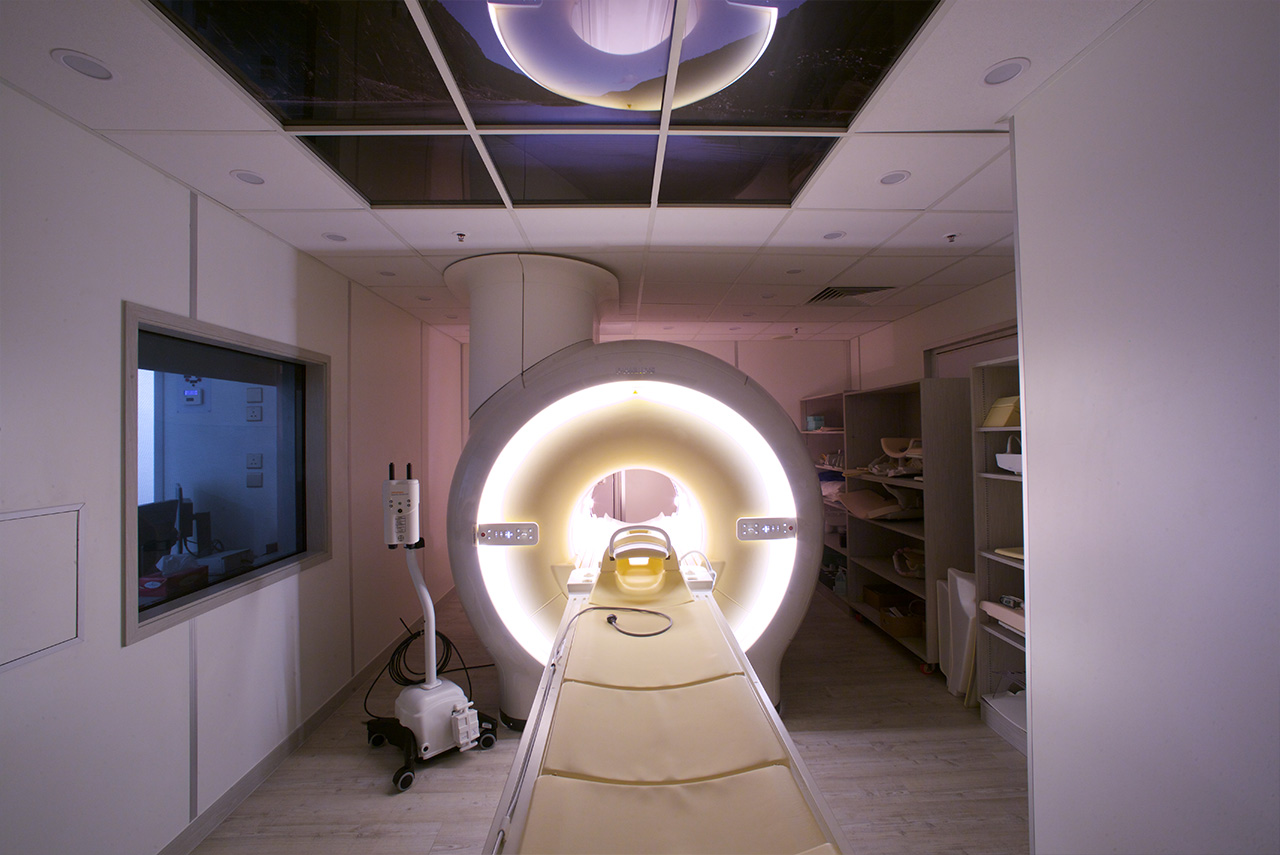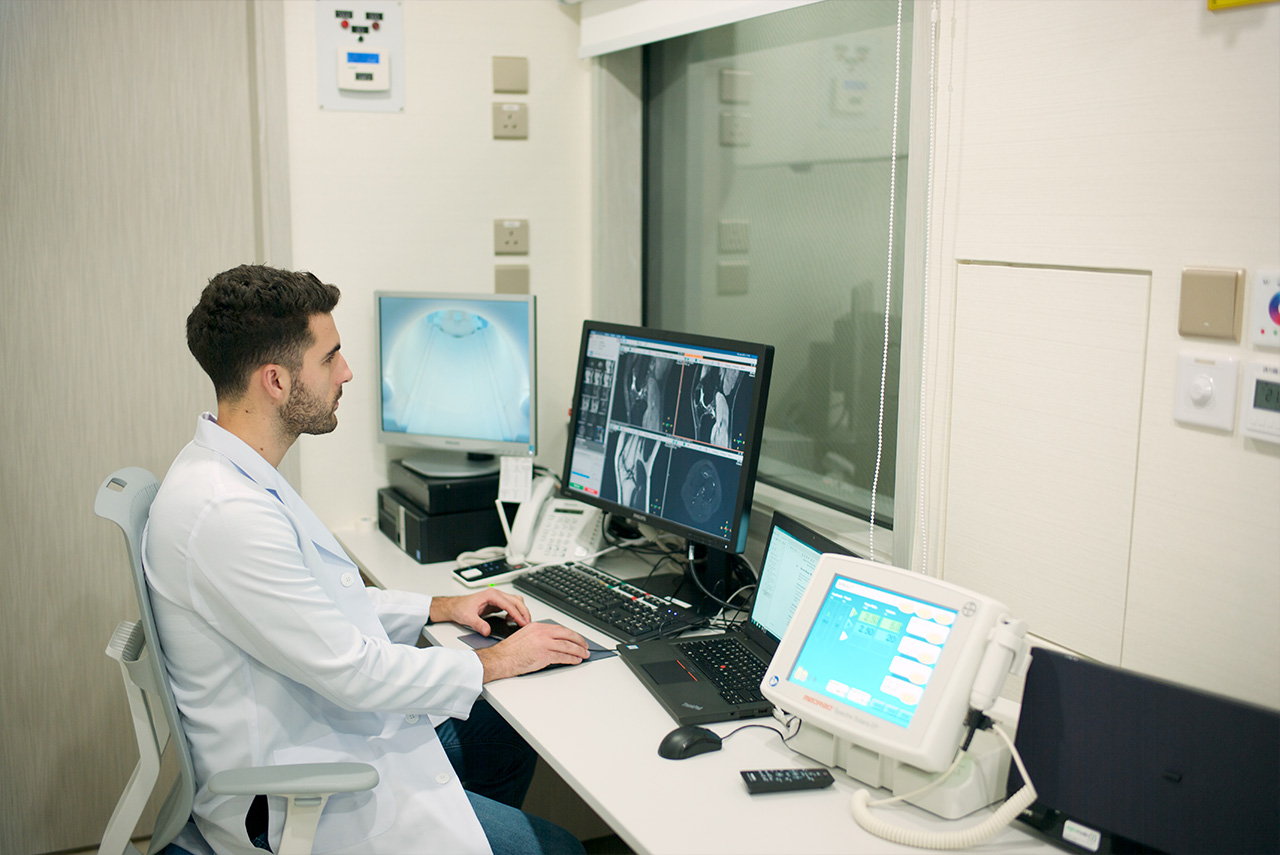Helicobacter Pylori
Helicobacter pylori (H. pylori) is a type of bacteria that can dwell in the stomach and is named after its spiral shape. H. Pylori can survive in very acidic conditions while parasitizing on the surface of the human stomach mucosal layer or in the duodenum by secreting enzymes that neutralize the acidity of gastric acid. H. pylori secretes chemicals that impair the gastric mucosa’s protective function and induce increased gastric acid secretion in the stomach, leading to gastritis, gastric ulcers, duodenal ulcers, and potentially gastric cancer. H. pylori is also classified as a Class I carcinogen by the International Cancer Research Agency.

Causes of H. Pylori
The specific causes and means of transmission of H. pylori infection are currently unknown. However, the bacteria are thought to be spread by saliva, bodily fluids, food, feces, and other sources. If someone in the family has H. pylori and is used to eating food with his or her family, the bacteria can spread through saliva and infect other members of the family. As a result, persons who live with sufferers should also get tested for H. pylori.
Symptoms of H. Pylori
In Asia, H. pylori infected more than half of the population. However, because most carriers exhibit no symptoms, it is often difficult for patients to recognize that they have been infected. In fact, when a patient’s immunity is reduced, the bacteria might remain dormant for years before causing stomach irritation.
Patients will have symptoms such as bloating, frequent burping, nausea, vomiting, abdominal discomfort, loss of appetite, and weight loss if the condition progresses and creates chronic gastritis. Patients may neglect these symptoms because they are similar to those of gastrointestinal illnesses caused by other sources. Recurrent stomach inflammation, on the other hand, might lead to gastric or duodenal ulcers. It could even lead to stomach cancer in the worst-case scenario.
Diagnosis and Treatment of H. Pylori
Gastroscopy, urea breath test, and other tests are common diagnostic techniques for H. pylori. When a patient is diagnosed as a carrier, the doctor will usually recommend a one- to two-week bactericidal treatment. To eliminate the H. pylori bacteria, patients must follow the doctor’s advice and finish the full treatment.




